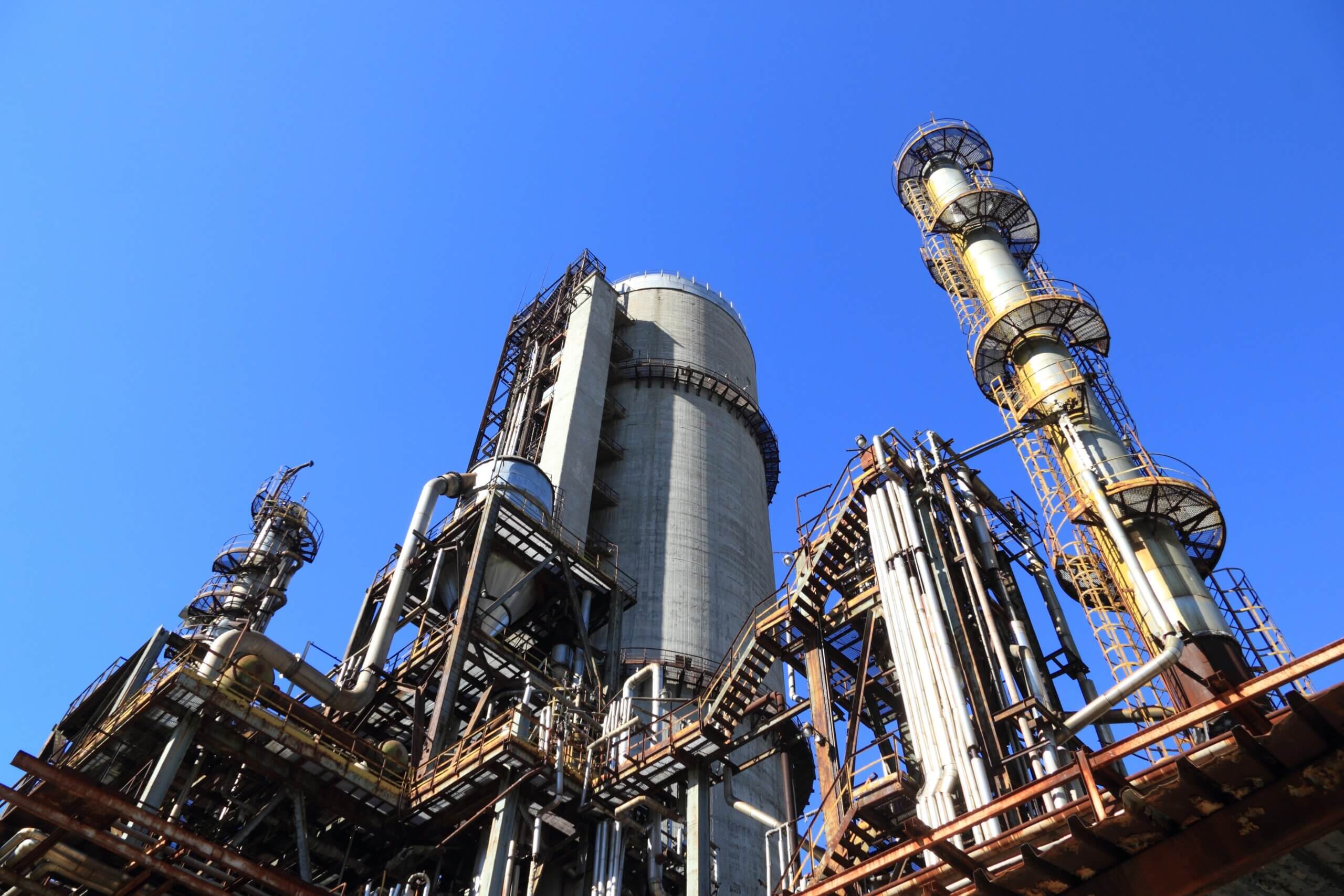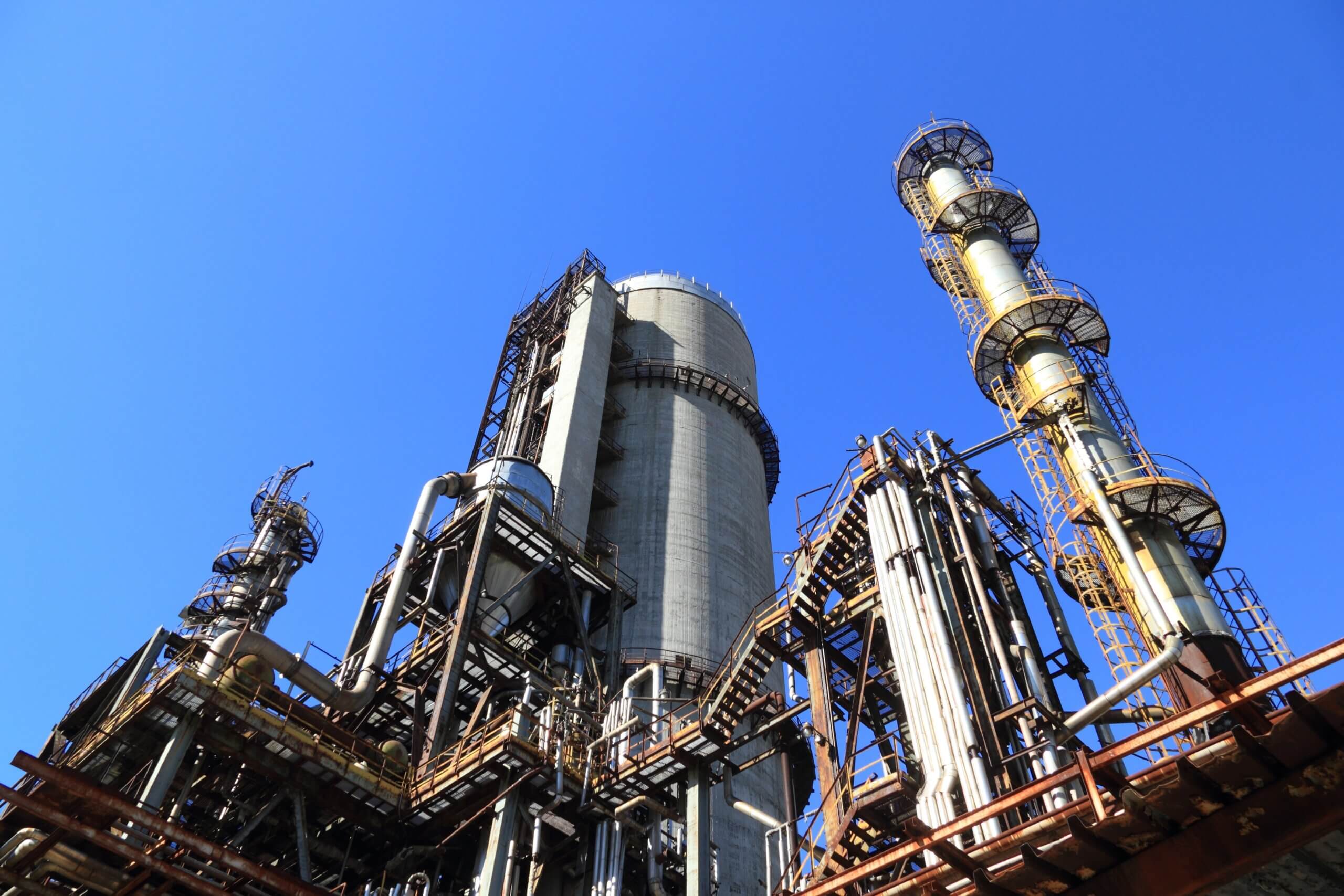“Deglobalization” has entered the narrative zeitgeist. But what’s happening on the ground? This weekly series seeks to answer that question with a round-up of deglobalization developments from the week that’s done.
1. Investors are hightailing it out of the mainland Chinese market. Overseas funds offloaded 9.3 billion USD in thirteen days of withdrawals through Aug. 23, the longest since Bloomberg began tracking the data in 2016. In response, the Chinese securities regulator is meeting with top global asset managers in Hong Kong, including Fidelity International and Goldman Sachs, according to Bloomberg. Separately, Chinese authorities are planning to slash the stamp duty on stock trading by up to 50% to shore up investor confidence, Reuters reports.
2. German interior minister Nancy Faeser said national security, not cost, is the primary consideration when examining whether to remove Chinese-made components from the country’s 5G network. Meanwhile, German economic minister Robert Habeck wants more stringent regulations to scrutinize foreign investments in Germany, as we note this week’s markets and factors briefing.
3. British semiconductor designer Arm is set to IPO in the US. Its prospectus, filed this week, offers a glimpse into just how entangled it is with China. Nearly a quarter of its revenue came from sales in China in fiscal 2023, according to the company. And nearly all of that revenue comes from Arm China, an entity whose operations neither Arm nor its owner SoftBank controls. In particular, the prospectus flagged Arm’s “significant reliance” on Arm China, from whom Arm has “had issues obtaining timely and accurate information.”
4. Huawei is building a shadow semiconductor manufacturing network across China that could help it evade US sanctions, according a presentation by the US lobbying group Semiconductor Industry Association and reported by Bloomberg. Huawei’s semiconductor ambitions aren’t very secret: its HiSilicon subsidiary is readying a 2 million-square-foot optical chip factory in Wuhan, and Huawei’s venture arm has invested in next-generation semiconductor materials.
5. Chinese rare earths giant Shenghe Resources looks to be taking steps to eventually take over the Australia-listed Peak Rare Earths. Earlier this month, Shenghe signed a binding offtake agreement for 100% of the rare earth concentrate from Peak’s project in Tanzania. The agreement also commits Shenghe to providing project financing to Peak. Together, this aligns with “Shenghe’s declared strategy to try and take over the assets of Peak at a certain point,” notes The Rare Earth Observer.
6. The White House is planning a six-month extension to a science and technology agreement with China as it weighs whether to amend the terms of the accord. The agreement, set to expire next week, was first signed in 1979, and standardizes government scientific cooperation. Its lapse wouldn’t spell the end US-China scientific partnerships; different agencies would just have negotiate separate deals with Beijing.
7. Russia is ramping up its extortive practices: foreign firms looking to exit the country will face demands for bigger discounts from Moscow, Reuters reports. Dutch brewer Heineken, for example, just sold its Russia operations for one USD—at a 325 million USD loss.
(Photo by Pexabay/Pexels)




